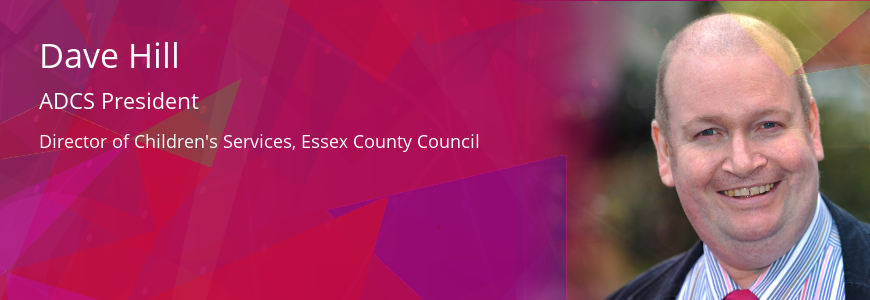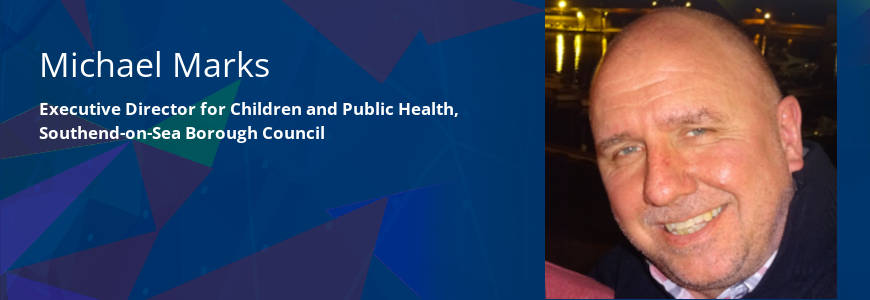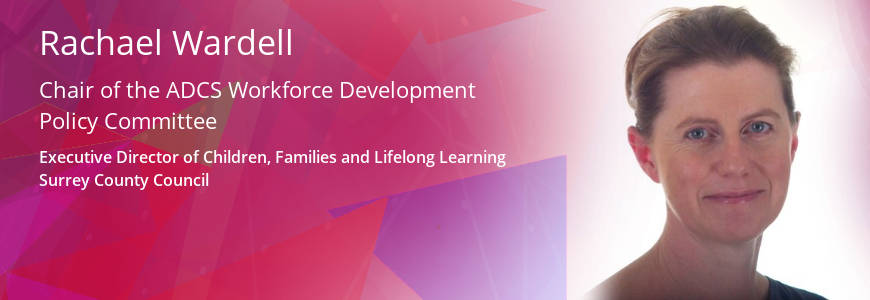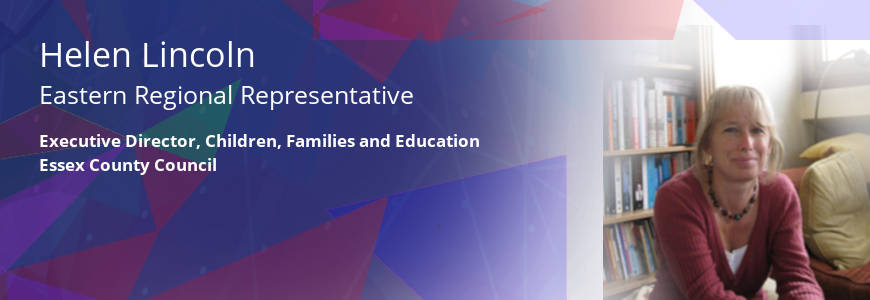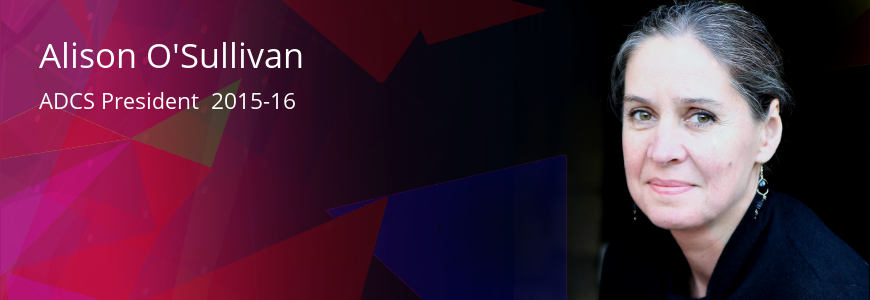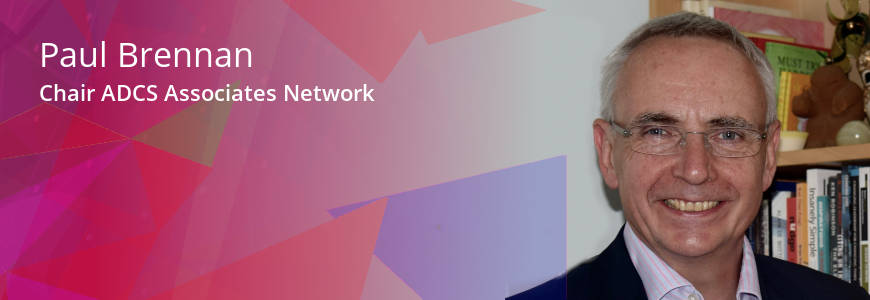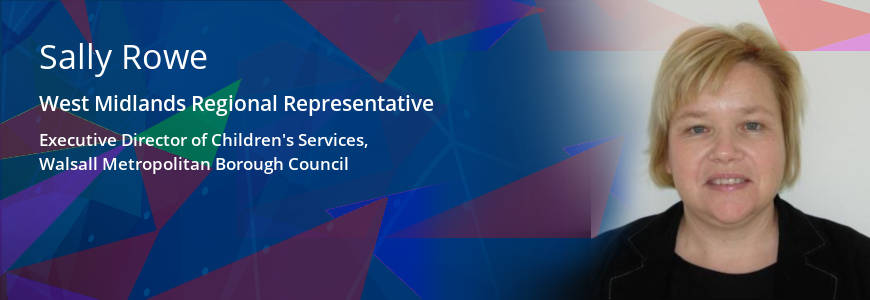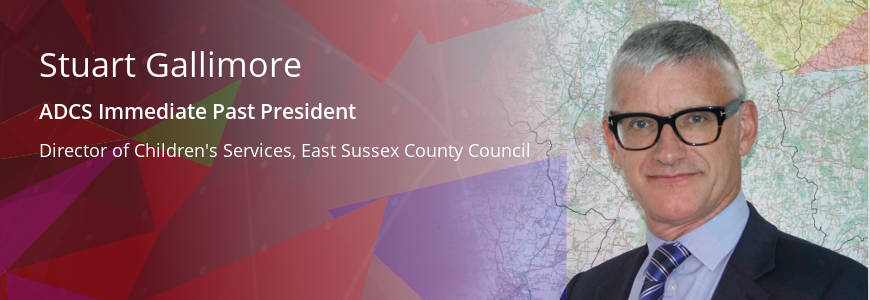Investing in Restorative Practices
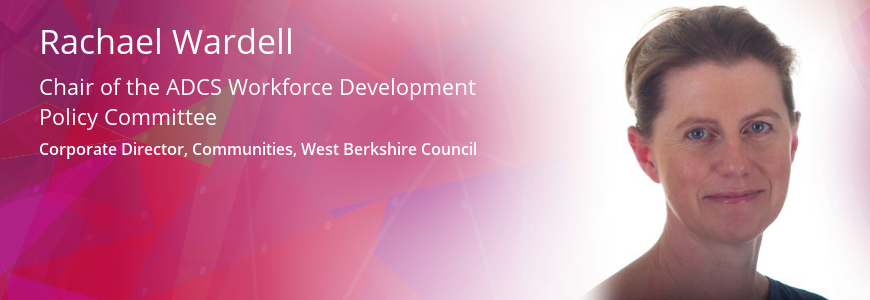
On my office windowsill, next to the photos of my own children, there’s a picture of a teenage girl receiving a certificate and a cup from the council’s chairman. This is R, who won the ‘Outstanding Achievement’ prize at the Looked After Children’s Achievement Awards in 2013. This intense, self-possessed girl impressed me greatly, which is why I asked to keep the photo. She came to our district and into our care as an unaccompanied, asylum-seeking child and despite this inauspicious start and several other setbacks she has maintained high hopes and aspirations for her future. She plans one day to become a pilot. We will do our best to help her realise her ambition.
Earlier this week R came to the Corporate Parenting Panel, with some of the other children in care, to tell her story. The panel consists of council members, foster care representatives, education officers and children and families services officers and it helps us review and scrutinise the services we provide for the children in our care. R spoke about her most recent highlight in delivering an after dinner speech at Buckingham Palace. When I learned that she had been asked to do this, I dropped her a postcard wishing her well, and got a lovely letter in reply. She says that she felt ‘touched and respected’ because I kept her photo, and that she’ll try to send me an updated one from ‘The Do’ at the palace.
I share this here because I am struck, time and time again, by the importance of the connections we make and the relationships we build, and by the way in which these relationships bolster our resilience, protecting and sustaining us in the face of life’s difficulties. It matters to R, through life’s ups and downs, that there are people looking out for her and cheering her on. This is true for our most vulnerable children, for families dealing with hardship and heartbreak, for the staff working with them in services under pressure and for our professional partners whose challenges are similar to our own.
In West Berkshire, we’re choosing to focus on the importance of relationships as we improve our service following an ‘inadequate’ judgement. We’ve said that although achieving high quality practice is a must, a culture of clients as cases and a focus on performance over people dilutes the professional social worker’s role to that of a technician. We put a special value on people who want to commit to this place and its people for several years; people who will develop trusting and trusted relationships with children and families, with partners and with colleagues; people who want to build community resilience.
Inspired by what we can see working in some other local authorities, and growing on the success of our own Turnaround Families programme, we are investing in restorative practices to help us strengthen our community. This means choosing to ‘work with’ people rather than ‘doing it for’ or ‘doing it to’ them; recognising and building on people’s strengths and assets, as well as acknowledging the risks in their lives. We know that this approach is most successful when children and families encounter the same practice regardless of which type of professional they come into contact with, so our training involves multiple agencies including schools, housing providers, the police, health professionals, adults and children’s social workers, family support workers, voluntary and faith groups and many others. Whenever we take this training into schools we train both staff and pupils and we have uploaded some videos about restorative practice including videos featuring some of the children we have been training in our local schools on our YouTube page. Between the summer (when we started the training programme) and Christmas, we will have trained 1,000 delegates to adopt this practice in their day-to-day work and lives.
We know that working in this way is sharply focused on protecting children. It also enables children, families, colleagues and partners alike to feel touched and respected. We plan to make our service ‘good’. Restorative practice will help us realise our ambition.
Related Blog Articles
I have blogged here before about how in West Berkshire we’re choosing to focus...
In General
I like to think the start of the new school year offers an opportunity to renew...
In General
Earlier this week I attended a development day on Ethical Leadership in Public...
In Leadership
This is the final ADCS blog-spot in October, when we celebrate Black History...
In General
This Tuesday (21 March) was World Social Work Day. There was lots of activity in...
In Workforce
When I was asked to write the ADCS blog for the Eastern region, I inevitably...
In Workforce
March is here. We’re on the cusp of spring. I can drive to work (and sometimes...
In Workforce
Everyone who knows me or has heard me speak knows how passionate I am about...
In General
When considering what to talk about in this week's blog it was obvious that it...
In Workforce
Today is Black Friday! It may feel as though it is so called because “it...
In General
This week I had an enlightening meeting with KPMG, who are supporting the...
In Care
Last week it was World Social Work Day and I was privileged to open an event...
In Workforce
Like every Director of Children’s Services, I expect, I have been immersed in...
In Workforce
Completing this blog has been one of my final acts as President before handing...

